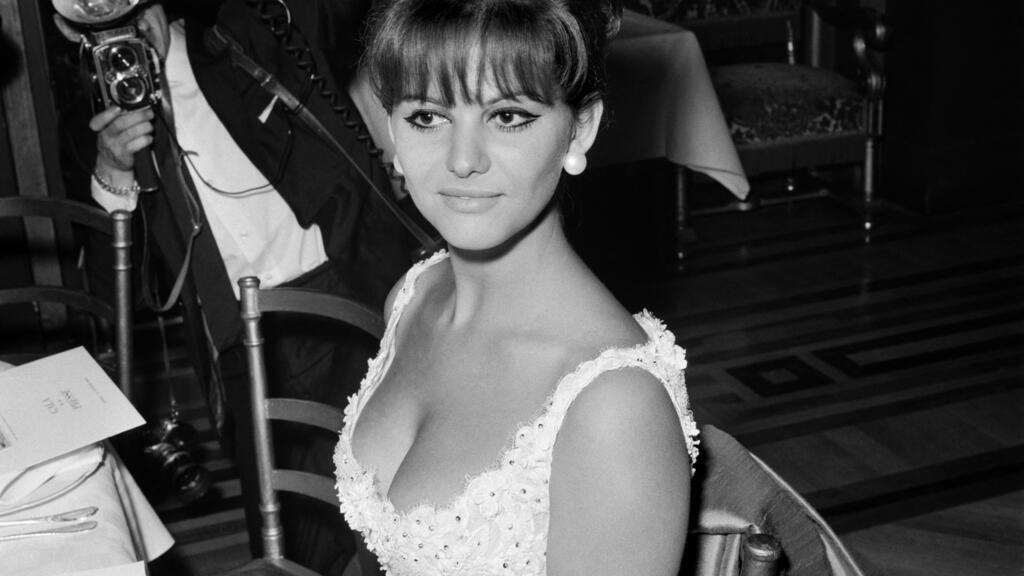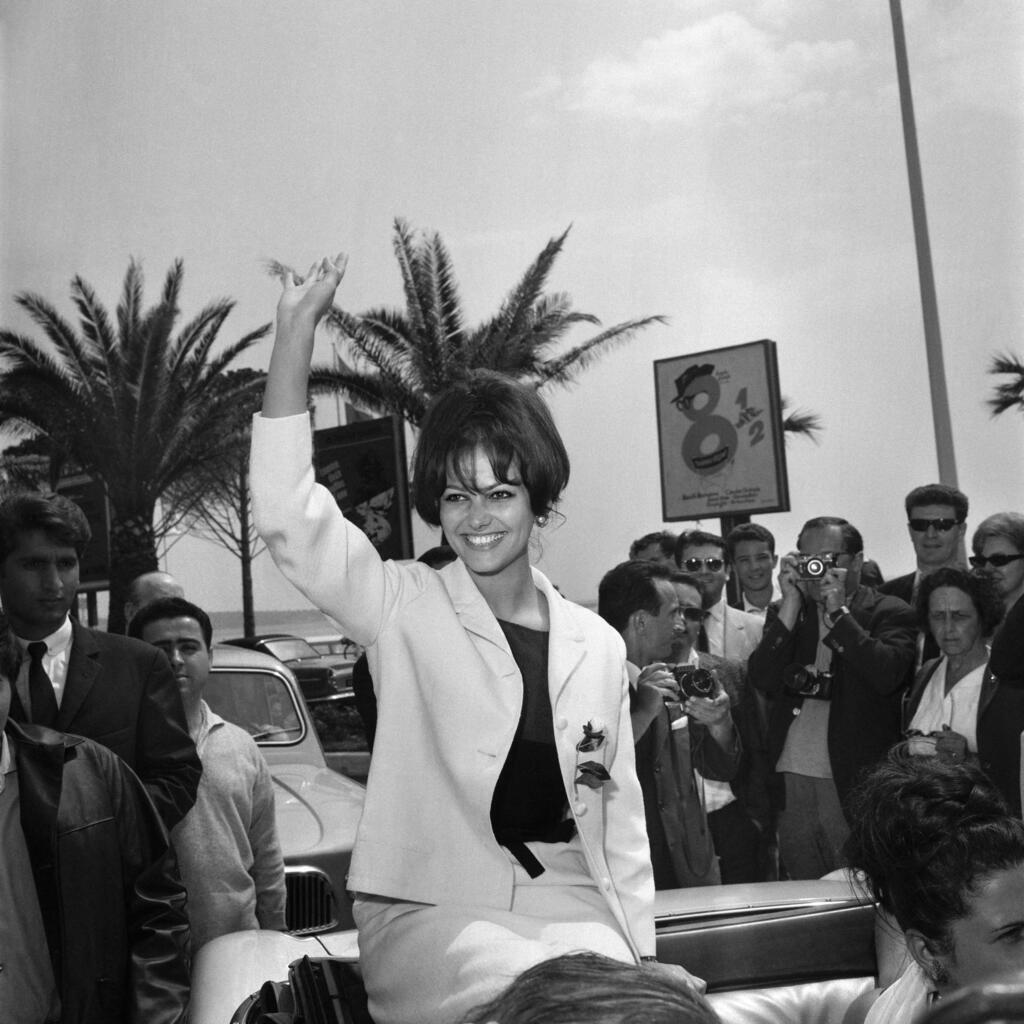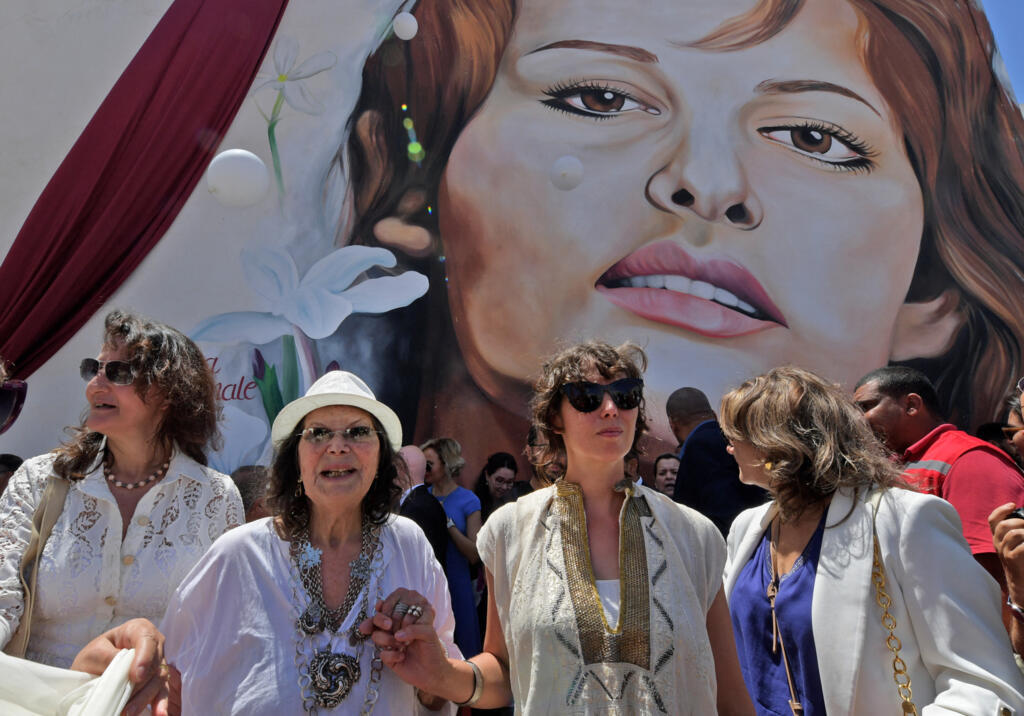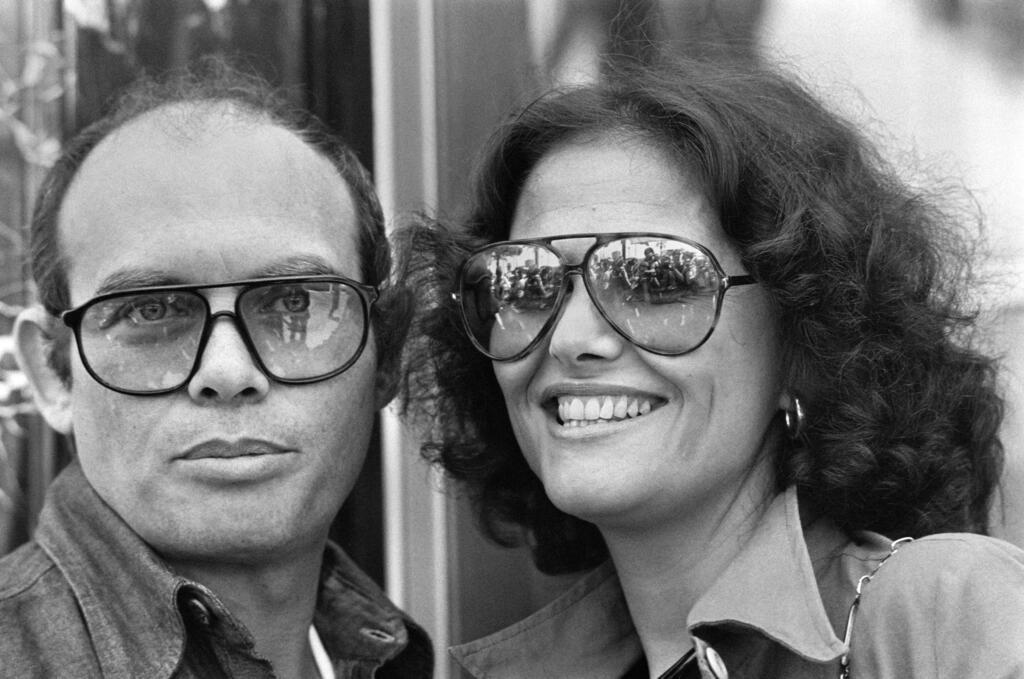
Born and raised in Tunisia to Italian parents, Claudia Cardinale entranced audiences across the globe with the sultry gaze that made her the muse of directors including Luchino Visconti and Federico Fellini. She died on Tuesday at her home in Nemours, outside Paris.
With her fierce beauty and husky voice, Cardinale not only captivated Italy's greatest filmmakers, she played opposite most of the leading men of the time, from Burt Lancaster to Alain Delon and Henry Fonda.
She died at her home in Nemours, near Paris, with her children by her side, her agent Laurent Savry told French news agency AFP, adding that the date and place of her burial had not yet been fixed.
"She leaves us the legacy of a free and inspired woman, both as a woman and as an artiste," Savry said.
Italian Culture Minister Alessandro Giuli called her "one of the greatest Italian actresses of all time" and said Cardinale embodied "Italian grace".
But Cardinale's fairytale career began as a nightmare, after she was raped in her teens by a film producer and became pregnant. With few options at the time, she made the tough decision to try "to earn a living and her independence" from cinema in order to bring up her son, even though she never wanted to be in films.
"I did it for him, for Patrick, the child I wanted to keep despite the circumstances and the enormous scandal," she told French daily Le Monde in 2017. "I was very young, shy, prudish, almost wild. And without the slightest wish to expose myself on the film sets."

Reluctant star
Born in La Goulette, near Tunis, on 15 April, 1938, to Sicilian parents, Cardinale's life was turned upside down at at the age of 16, when she was picked out of a crowd to win a local beauty contest.
Crowned "The most beautiful Italian girl in Tunis", the prize was a trip to the Venice film festival – where she immediately turned heads and, reluctantly, turned her back on her plans to become a teacher.
60s filmstar Claudia Cardinale honoured in Tunisian birthplace
"All the directors and producers wanted me to make films, and I said no, I don't want to!" she said. It was her father who eventually convinced her to "give this cinema thing a go".
Her sexual assault happened just as she began to land small film roles. A mentor convinced her to secretly give birth in London and entrust the child to her family. To the rest of the world, her son Patrick was passed off as her younger brother, until she revealed the truth seven years later.
"I was forced to accept this lie to avoid a scandal and protect my career," she said.

'Post-war European glamour'
There was no looking back, as she was swept up into the golden age of Italian cinema – even though she knew "not a word" of the language, speaking only French, Arabic and her parents' Sicilian dialect.
"I became the heroine of a fairytale, the symbol of a country whose language I barely spoke," she wrote in her 2005 autobiography My Stars.
Her voice had to be dubbed in Italian until she starred in Fellini's Oscar-winning surrealist hit 8 1/2 in 1963, when the director insisted she use her own voice. She was filming Visconti's epic period drama The Leopard at the same time.
Critics called her the "embodiment of post-war European glamour", and she was packaged as such, both on screen and off. "It's almost like she had sexiness thrust upon her," The Guardian newspaper wrote in 2013.
Also embraced by Hollywood – where she refused to settle – Cardinale had a huge hit with Blake Edwards' The Pink Panther alongside Peter Sellers, then Henry Hathaway's Circus World with Rita Hayworth and John Wayne.
"The best compliment I ever got was from actor David Niven while filming The Pink Panther," Cardinale recalled – "Claudia, along with spaghetti, you're Italy's greatest invention."
She acted into her 80s, including in the play La Strana Coppia, a female version of Neil Simon's The Odd Couple, at the Teatro Augusteo in Naples.

Women's rights ambassador
While she was an object of desire, she said her "only love" was the Neapolitan director Pasquale Squitieri, the father of her daughter Claudia, with whom she worked on several films over four decades until his death in 2017.
Her own decades-long career saw her star in 175 films, and both the Venice and Berlin film festivals awarded her honorary prizes.
In 2017 she featured on the official poster of the Cannes film festival, amid an outcry that her thighs had been airbrushed to make them seem thinner – when Cardinale had famously refused to ever have any cosmetic surgery.
A staunch defender of women's rights, she was named a UNESCO Goodwill Ambassador in 2000 in recognition of her commitment to the cause of women and girls.
Of this, she said: "I've had a of luck. This job has given me a multitude of lives, and the possibility of putting my fame at the service of many causes."
(with AFP)







